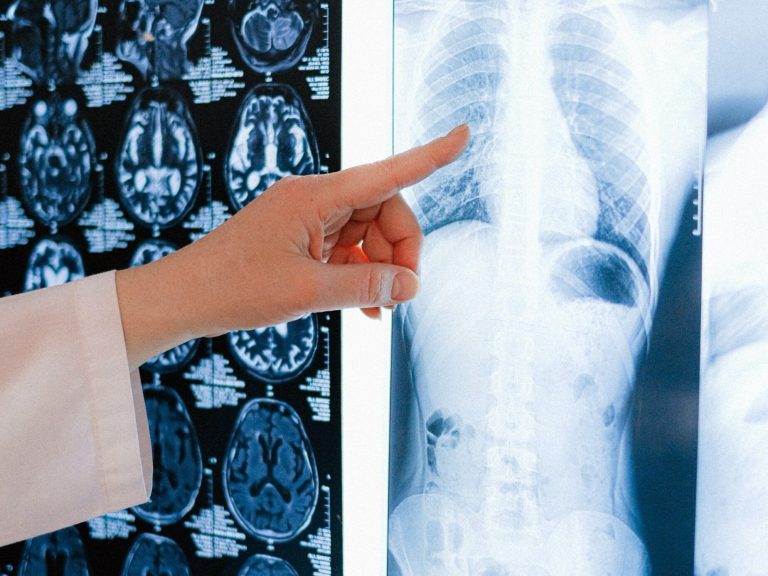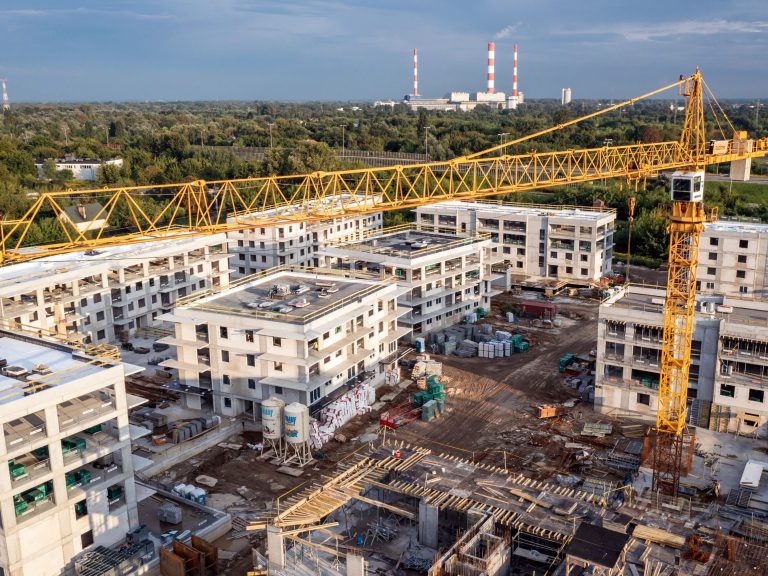Wprost Health Visionaries. Reformers 2024: Experts say how to extend the life of Poles

The conference “Wprost Health Visionaries” is behind us. Reformers 2024”, during which the most important issues in the field of health care were discussed. Both systemic challenges and priorities in terms of lifestyle diseases were discussed.
Once again, Wprost organized the “Health Visionaries” conference. During this year's edition, five panels were held during which representatives of the most important public institutions dealing with health care together with medical experts discussed the challenges for 2024. We talked about visions of health in the future, but also about how to implement these visions. Medicine has never changed as quickly as it does today – it offers enormous opportunities, but also brings numerous challenges. Therefore, people – reformers who look into the future and change the health care system – are extremely important. During the conference, they discussed how to make Poles live longer and in better health.
Course of the conference “Wprost Health Visionaries. Reformers 2024”
The first panel of the conference “Wprost Health Visionaries. Reformers 2024” was devoted to the most serious systemic challenges facing Polish health care. Experts were looking for an answer to the question: “How to extend the life of Poles.” In all speeches, the issue of how important prevention was came up. We also talked about the need to effectively use the resources we have within the health care system and synergy between all its parts. The role of vaccinations and molecular diagnostics was also discussed. The debate also raised the issue of preventing diseases that are the main cause of death in our country – cardiovascular and oncological diseases.
The second panel of the conference concerned lifestyle diseases: heart disease, obesity and diabetes. Poland is described by the European Society of Cardiology as a country with high cardiovascular risk. Specialists discussed how to reduce mortality from these diseases. There was also talk about the KOS-BAR and KOS BMI programs, as well as a breakthrough in the diagnosis and treatment of rare diseases in cardiology, but also about glycemia monitoring systems. Here, there was also the issue of how important a role prevention and lifestyle play. Specialists emphasized how important it is to prevent, among other things, obesity. “Unless we deal with obesity, we will not be able to cope with these numbers of cardiological, nephrological, neurological and oncological diseases,” said the experts.
Mortality due to cancer in Poland is still higher than mortality due to cancer in the European Union. The topic of the third panel was the challenges in oncology and hemato-oncology, including the diagnosis of cancer and the treatment of solid tumors and hematological cancers. The topic of modern combined treatment was also discussed: the role of radiotherapy, chemotherapy, immunotherapy and targeted treatment. There was also talk about the challenge posed by, among other things, drug policy in this matter.
The fourth panel of the conference was called: Straight about social diseases, diseases of the “silver” generation and human resources in medicine. The topic of successes and calls for neurological diseases was discussed, but also invisible epidemics such as osteoporosis and chronic kidney disease. Specialists also discussed senior policy and prevention, which is particularly important for this age group, including vaccinations.
The fifth panel was devoted to rare diseases. The experts talked about the role of modern diagnostics in this area, but also about gene therapies and whether they are the future of the treatment of this group of diseases. There was also talk about how to improve the diagnosis, detection and treatment of rare diseases, and the issue of their financing mechanism was also raised. Specialists also discussed the challenge of rare diseases in pediatric oncology and the role of detailed diagnostics. The summary of the panel included words about equal opportunities for people suffering from rare diseases and the implementation of systemic solutions addressed to the entire group of patients, and not only to individual disease entities.






